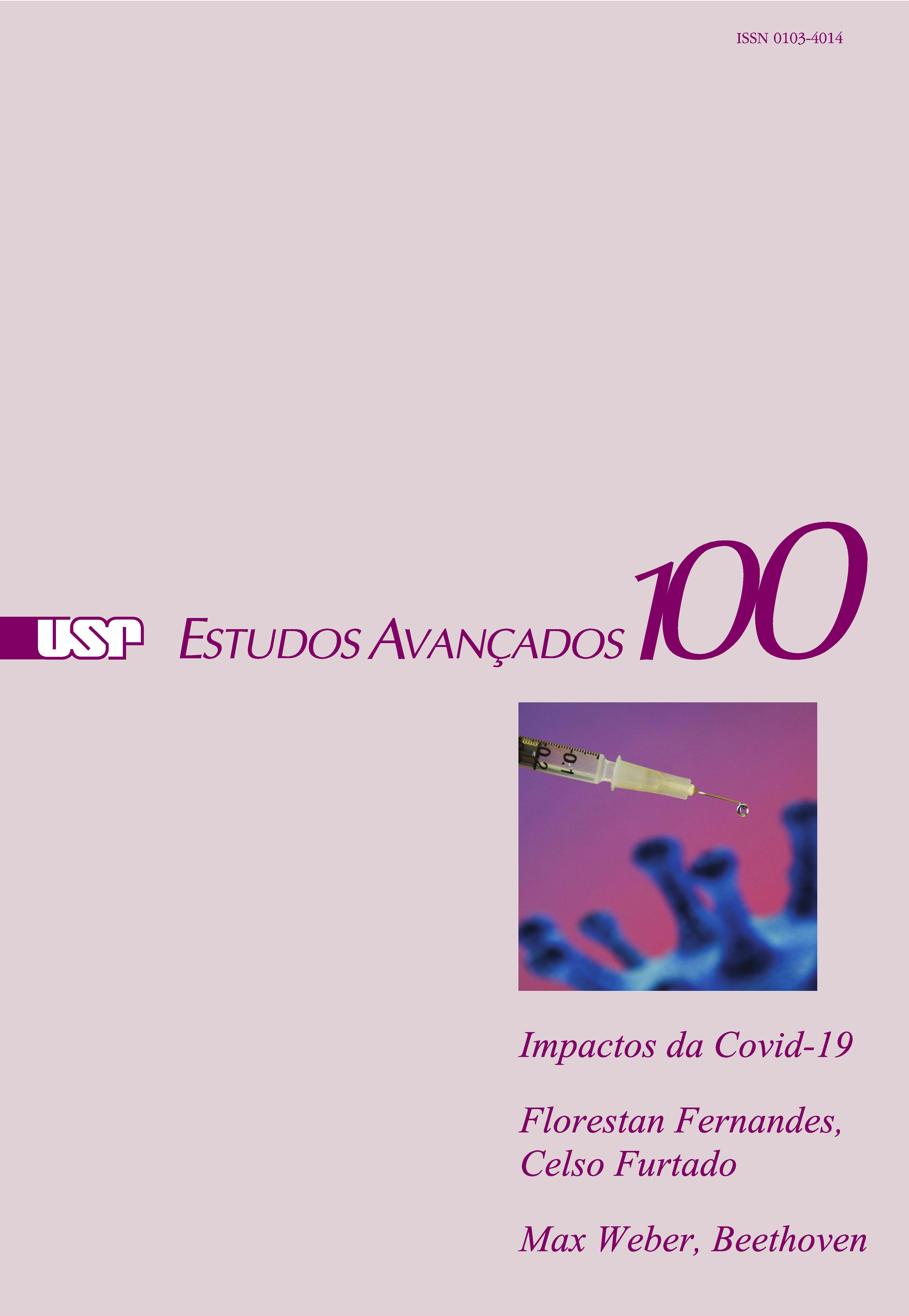A reconfiguração das Cadeias Globais de Valor (global value chains) pós-pandemia
DOI:
https://doi.org/10.1590/s0103-4014.2020.34100.013Keywords:
Global value chains, Global supply chains, Multinational enterprises, Pandemic, BrazilAbstract
The international fragmentation of production systems, which shapes the Global Value Chains, is orchestrated by multinational enterprises with the support of digital technologies. In the last decade, risks and vulnerabilities arising from unforeseen events challenged the GVCs’ basic assumptions and jeopardized both their expansion and performance. For that reason, the GVCs’ operational patterns were already being revised and modified to increase resilience. Notwithstanding, the Covid-19 pandemic had a tremendous impact. With the disruption of the GVCs, both governments and enterprises, whether multinational or local, reacted to mitigate the emergencies that arose. This disruption, as well as the reactions, will have consequences in the reconfiguration of the GVCs in the future. In this article, we seek to answer the following questions: How did the GVCs evolve in the pre-pandemic period? How are governments and enterprises reacting? Which will be the determinants for change? We will then outline scenarios for both the GVCs’ reconfiguration and the dynamics of the new international production systems. Brazil has a specific role in those systems, which is highlighted in the analysis.
Downloads
References
BAUMANN, R. O Brasil e a economia global. Rio de Janeiro: Editora Campus, 1996.
DUNNING, J. H. Re-evaluating the benefits of foreign direct investment. Transnational Corporations, v.3, n.1, p.23-51, 1994.
FLEURY, A.; FLEURY, M. T. Brazilian multinationals: competences for internationalization. Cambridge – UK: Cambridge University Press, 2011.
FLEURY, A.; FLEURY, M. T.; BORINI, F. The Brazilian multinationals’ approaches
to innovation. Journal of International Management, v.19, p.260-75, 2013.
GEREFFI, G. What does the Covid-19 pandemic teach us about global value chains?
The case of medical supplies. Journal of International Business Studies, v.3, p.287-301,
GEREFFI, G.; HUMPHREY, J.; STURGEON, T. The governance of global value
chains. Review of International Politic Economy, v.12, n.1, p.78-104, 2005.
HUMPHREY, J.; SCHMITZ, H. The governance of global value chains. IDS Bulletin,
v.32, n.3, 2001.
McKINSEY. Building supply chain resilience. 2020. Disponivel em:
mckinsey.com/business-functions/operations/our-insights/building-supply-chain-
-resilience?cid=eml-web>.
PONOMAROV, S.; HOLCOMB, M. Understanding the concept of supply chain resilience. International Journal of Logistic Management, v.20, p.124-43, 2009.
RAMAMURTI, R.; SINGH, J. Emerging multinationals in emerging countries. Cambridge – UK: Cambridge University Press, 2008.
UNIDO. Industrial Development Report: industrializing in the digital age. Geneva, 2020. 228p.
WIPO. Global Innovation Index: Covid-19 Pandemic’s Expected Impact on Innovation. Geneva, 2020. 448p.
WIR. World Investment Report: Global Value Chains: Investment and Trade for Development. Geneva: UNCTAD, 2013. 264p.
WIR. International Production Beyond the Pandemic. Geneva: UNCTAD, 2020. 268p.
Downloads
Published
Issue
Section
License
Copyright (c) 2020 Afonso Fleury, Maria Tereza Fleury

This work is licensed under a Creative Commons Attribution-NonCommercial 4.0 International License.
Estudos Avançados não celebra contrato de cessão de direitos autorais com seus colaboradores, razão pela qual não detém os direitos autorais dos artigos publicados. Os interessados em reproduzir artigos publicados na revista devem necessariamente obter o consentimento do autor e atribuir devidamente os créditos ao periódico.


